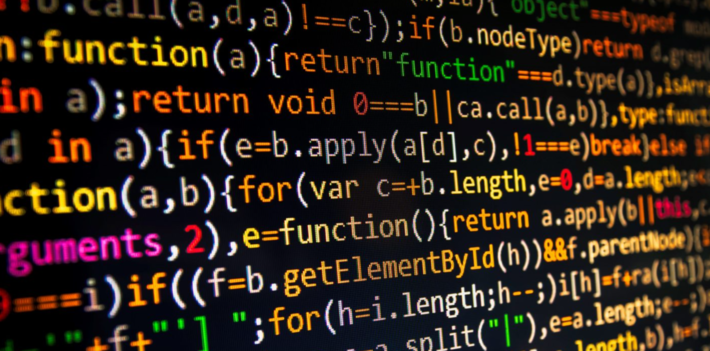
This is part of a series featuring the following aspects of machine learning:
- Mathematics, simulations, benchmarking algorithms based on synthetic data (in short, experimental data science)
- Opinions, for instance about the value of a PhD in our field, or the use of some techniques
- Methods, principles, rules of thumb, recipes, tricks
- Business analytics
- Core Techniques
This issue focuses on cool math problems that come with data sets, source code, and algorithms. Many have a statistical, probabilistic or experimental flavor, and some are dealing with dynamical systems. They can be used to extend your math knowledge, practice your machine learning skills on original problems, or for curiosity. My articles, posted on Data Science Central, are always written in simple English and accessible to professionals with typically one year of calculus or statistical training, at the undergraduate level. They are geared towards people who use data but are interesting in gaining more practical analytical experience. The style is compact, geared towards people who do not have a lot of free time.
Despite these restrictions, state-of-the-art, of-the-beaten-path results as well as machine learning trade secrets and research material are frequently shared. References to more advanced literature (from myself and other authors) is provided for those who want to dig deeper in the interested topics discussed.
1. Fun Math Problems for Machine Learning Practitioners
These articles focus on techniques that have wide applications or that are otherwise fundamental or seminal in nature.
- Fascinating Facts About Complex Random Variables and the Riemann Hy…
- More Surprising Math Images
- Beautiful Mathematical Images
- Deep visualizations to Help Solve Riemann’s Conjecture
- Spectacular Visualization: The Eye of the Riemann Zeta Function
- New Probabilistic Approach to Factoring Big Numbers
- Simple Trick to Dramatically Improve Speed of Convergence
- State-of-the-Art Statistical Science to Tackle Famous Number Theory…
- New Perspective on Fermat’s Last Theorem
- Fun Math: Infinite Nested Radicals of Random Variables – Connection with Fractals and Brownian Motions
- Surprising Uses of Synthetic Random Data Sets
- Two New Deep Conjectures in Probabilistic Number Theory
- Extreme Events Modeling Using Continued Fractions
- A Strange Family of Statistical Distributions
- Some Fun with Gentle Chaos, the Golden Ratio, and Stochastic Number…
- Fascinating New Results in the Theory of Randomness
- From Infinite Matrices to New Integration Formula
2. Free books
- Statistics: New Foundations, Toolbox, and Machine Learning Recipes
Available here. In about 300 pages and 28 chapters it covers many new topics, offering a fresh perspective on the subject, including rules of thumb and recipes that are easy to automate or integrate in black-box systems, as well as new model-free, data-driven foundations to statistical science and predictive analytics. The approach focuses on robust techniques; it is bottom-up (from applications to theory), in contrast to the traditional top-down approach.
The material is accessible to practitioners with a one-year college-level exposure to statistics and probability. The compact and tutorial style, featuring many applications with numerous illustrations, is aimed at practitioners, researchers, and executives in various quantitative fields.
- Applied Stochastic Processes
Available here. Full title: Applied Stochastic Processes, Chaos Modeling, and Probabilistic Properties of Numeration Systems (104 pages, 16 chapters.) This book is intended for professionals in data science, computer science, operations research, statistics, machine learning, big data, and mathematics. In 100 pages, it covers many new topics, offering a fresh perspective on the subject.
It is accessible to practitioners with a two-year college-level exposure to statistics and probability. The compact and tutorial style, featuring many applications (Blockchain, quantum algorithms, HPC, random number generation, cryptography, Fintech, web crawling, statistical testing) with numerous illustrations, is aimed at practitioners, researchers and executives in various quantitative fields.
To receive a weekly digest of our new articles, subscribe to our newsletter, here.
About the author: Vincent Granville is a data science pioneer, mathematician, book author (Wiley), patent owner, former post-doc at Cambridge University, former VC-funded executive, with 20+ years of corporate experience including CNET, NBC, Visa, Wells Fargo, Microsoft, eBay. Vincent is also self-publisher at DataShaping.com, and founded and co-founded a few start-ups, including one with a successful exit (Data Science Central acquired by Tech Target). He recently opened Paris Restaurant, in Anacortes. You can access Vincent’s articles and books, here.
